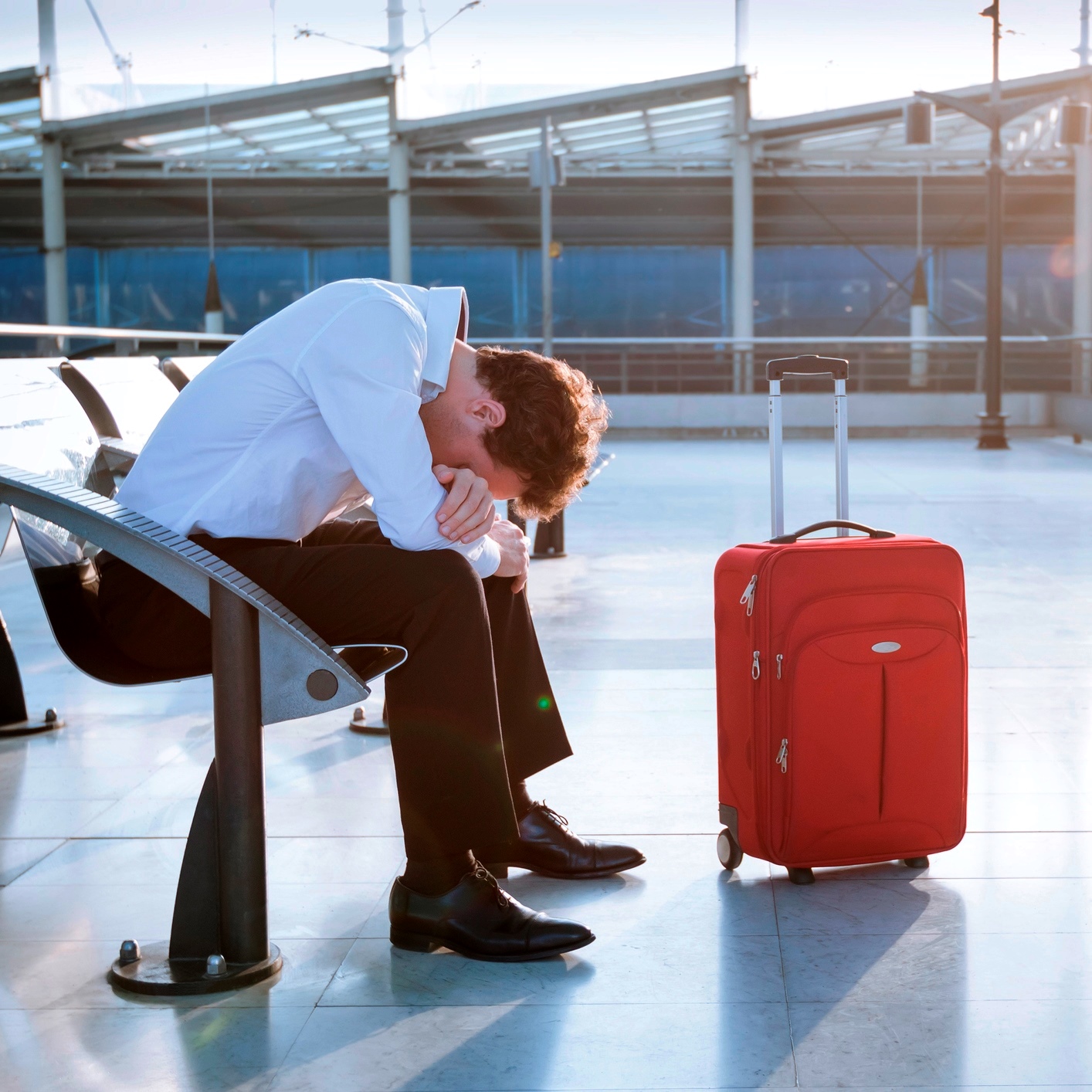Transportation
US Airlines Collected $200 Billion in Fees Last Year

Published:
Last Updated:

In 2010, U.S. airlines began charging passengers to check bags and to change reservations. During that year, the two fees generated $6.3 billion in revenues (in constant 2016 dollars). Last year, the airlines collected $7.1 billion for these two fees, but a whopping $200 billion from the many other fees they now charge.
The data come from a new report released earlier this week by the Government Accountability Office (GAO) that reviewed the fees charged by 11 U.S. carriers. This report describes how selected U.S. airlines have modified their offering and pricing of optional services since 2010; the factors that selected U.S. airlines consider when determining whether and how much to charge for optional services; and actions the U.S. Department of Transportation (DoT) has taken since 2010 to improve the transparency of optional service fees and views of selected aviation stakeholders about these actions.
The GAO include five U.S. legacy carriers: Alaska Air Group Inc. (NYSE: ALK), American Airlines Group Inc. (NASDAQ: AAL), Delta Air Lines Inc. (NYSE: DAL), Hawaiian Holdings Inc. (NASDAQ: HA) and United Continental Holdings Inc. (NYSE: UAL). The other six airlines included in the report are low-cost operators and include Allegiant Travel Co. (NASDAQ: ALGT), Frontier Airlines, JetBlue Airways Corp. (NASDAQ: JBLU), Southwest Airlines Co. (NYSE: LUV), Spirit Airlines Inc. (NASDAQ: SAVE) and Sun Country.
Looking just at the various fees that were charged in both 2010 and 2016, they did not change dramatically. Checking one bag cost $20 to $25 on the legacy carriers in 2010, which had risen to $25 for all airlines in 2017. Among the low-cost carriers, Southwest still charges nothing for the first checked bag, while Spirit has raised its price from a range of $19 to $25 to a 2017 range of $25 to $50, although a discount is available for members of its rewards program.
The legacy carriers charge from $125 to $200 to change a reservation, and Delta charges $200 each way. Low-cost carriers charge from $50 to $150 to change a reservation.
The GAO does not offer a price list of the many other options that passengers can purchase, but it does list several by airline. For example, Delta offers a “Comfort+” package that includes one to four inches more legroom than standard seats, priority boarding and complimentary food and beverages. The airline also offers a “Preferred” package that gives passengers standard legroom in more favorable locations on the plane.
What GAO and the DoT want is more transparency on both airline websites and third-party travel sites. In many cases, consumers shopping for a flight cannot figure out how much the ticket will cost until well into the reservation process.
GAO interviewed airline officials on several topics, including customer service and satisfaction. We recently wrote about airlines customer service rankings based on a survey 24/7 Wall St. conducted, so we were particularly interested in what the airlines had to say. Here’s the GAO summary:
Officials from 5 of the 10 airlines we interviewed said that customer service and satisfaction are factors in how they set prices. Officials from one airline stated that they try to keep optional service fees relatively low to prevent passengers from feeling overcharged. In at least one case, an airline official told us that this airline sets the price of one type of fee to prevent too many people from purchasing the service. For example, this airline official told us they set the price for wireless internet access high enough so that relatively few passengers will pay for it because too many users can affect the speed and quality of the service. Officials from 6 airlines said that they conduct customer surveys and adjust the price of optional services based on survey feedback.
The interest thing to us is that only half the airline officials interviewed think that customer service is a factor in how they set fees. That may be why the airlines consistently finish in the bottom third of all industries on customer service and satisfaction surveys. Call it the sort-of friendly skies.
The thought of burdening your family with a financial disaster is most Americans’ nightmare. However, recent studies show that over 100 million Americans still don’t have proper life insurance in the event they pass away.
Life insurance can bring peace of mind – ensuring your loved ones are safeguarded against unforeseen expenses and debts. With premiums often lower than expected and a variety of plans tailored to different life stages and health conditions, securing a policy is more accessible than ever.
A quick, no-obligation quote can provide valuable insight into what’s available and what might best suit your family’s needs. Life insurance is a simple step you can take today to help secure peace of mind for your loved ones tomorrow.
Click here to learn how to get a quote in just a few minutes.
Thank you for reading! Have some feedback for us?
Contact the 24/7 Wall St. editorial team.